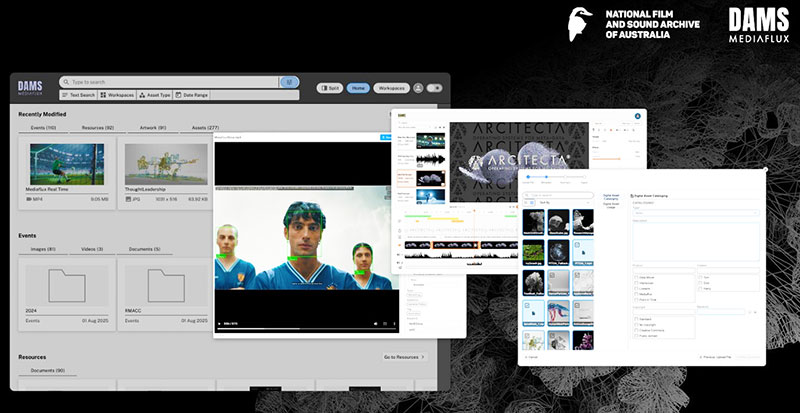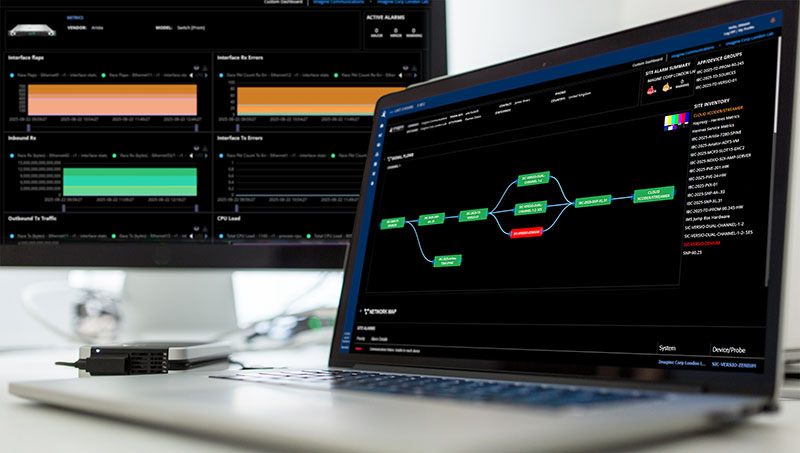The most recent SPECstorage Solution 2020 AI_IMAGE Benchmark result has found Qumulo’s Azure Native Qumulo (ANQ) is the industry’s fastest, most cost-effective cloud-native storage.

The latest SPECstorage Solution 2020 AI_IMAGE Benchmark result has found Qumulo’s Azure Native Qumulo (ANQ) is currently the industry’s fastest, most cost-effective cloud-native storage. The system achieved an Overall Response Time (ORT) of 0.84ms with a total customer cost of $400 for a 5-hour burst period.
The significance of this result relates to the challenge of deploying cost-effective AI training infrastructure in the public cloud. This task requires transferring data from inexpensive, scalable object storage to limited and expensive file caches, resulting in greater complexity and up to 40% GPU idle time, as data is being staged from object storage into local file caches.
ANQ acts as an intelligent data accelerator for the object store, executing parallelized, prefetched reads served directly from the Azure primitive infrastructure via the Qumulo filesystem to GPUs running AI training models. This new type of architecture improves GPU-side performance by accelerating load times between the object layer and the filesystem, fundamentally changing methods for architecting file-dependent AI training in the cloud.
Performance and Cost Efficiency
Three factors set ANQ apart from other cloud-native file systems that include AI tools. Its elastic scalability allows users to focus on business and technology concerns, rather than cloud-native storage infrastructure. Because ANQ operates without pre-provisioned volumes, its torage performance scales with the AI application stack demands, saving costs when there is no demand.
Qumulo can also pass cloud economics savings to customers because the pricing model is based on actual storage usage (GB) and performance needed (throughput and IOPs), without needing pre-provisioned capacity.
Finally, owing to ANQ’s architecture, performance increases linearly as workloads increase. With an average cache-hit ratio higher than 95%, ANQ accelerates GPU-side scalability and performance, bypassing load times between the object layer and the filesystem. www.qumulo.com



















